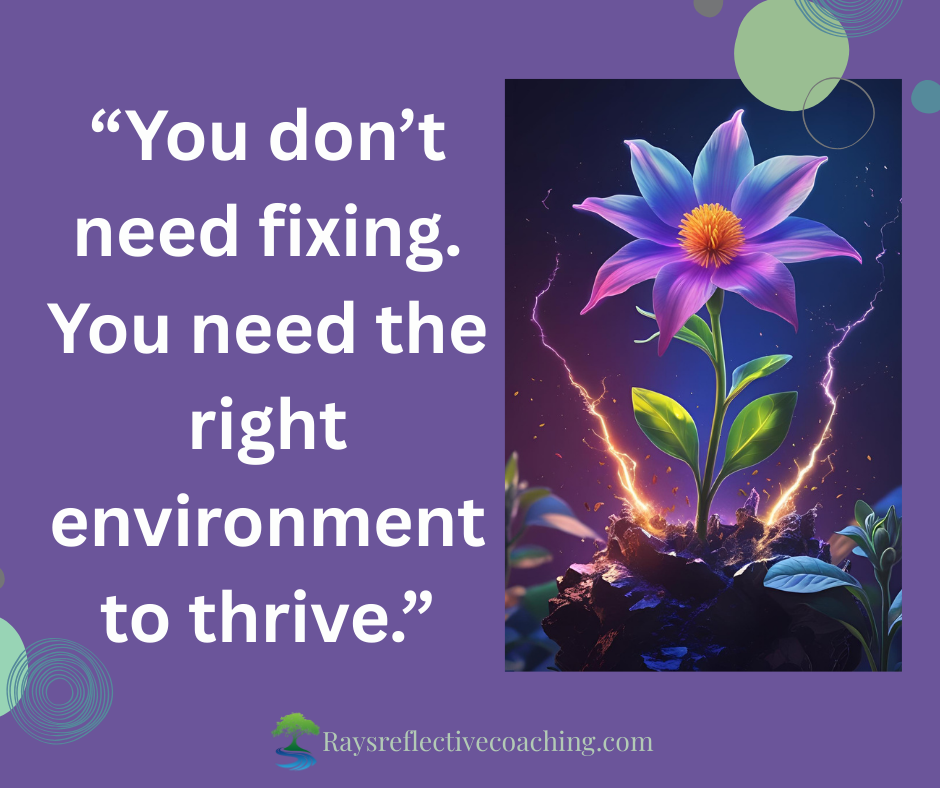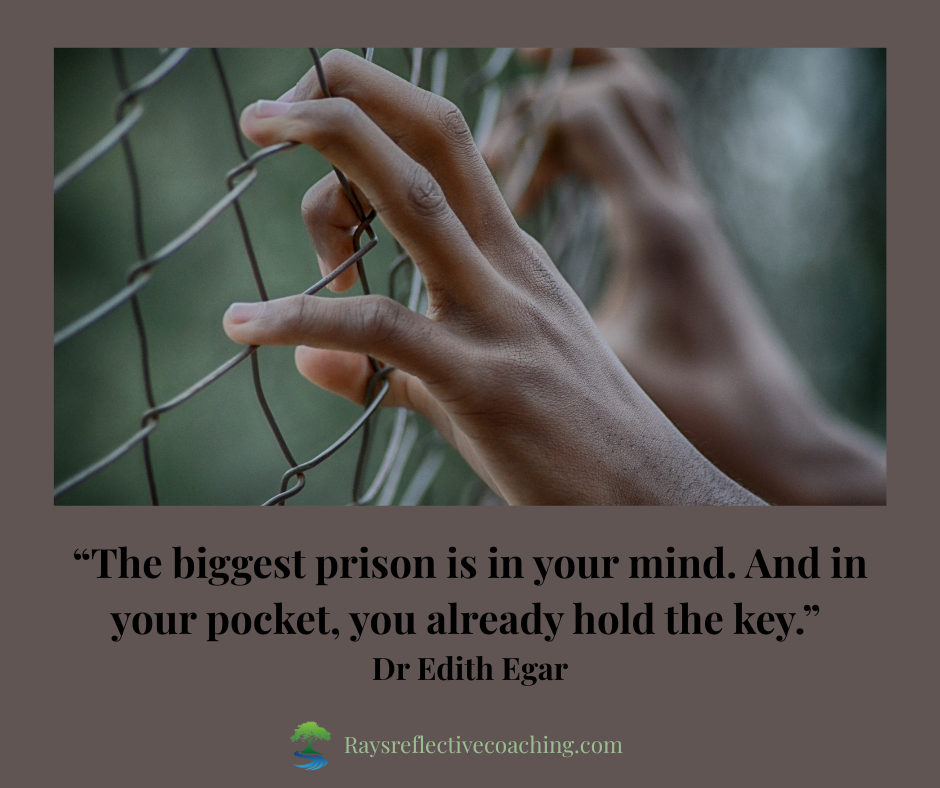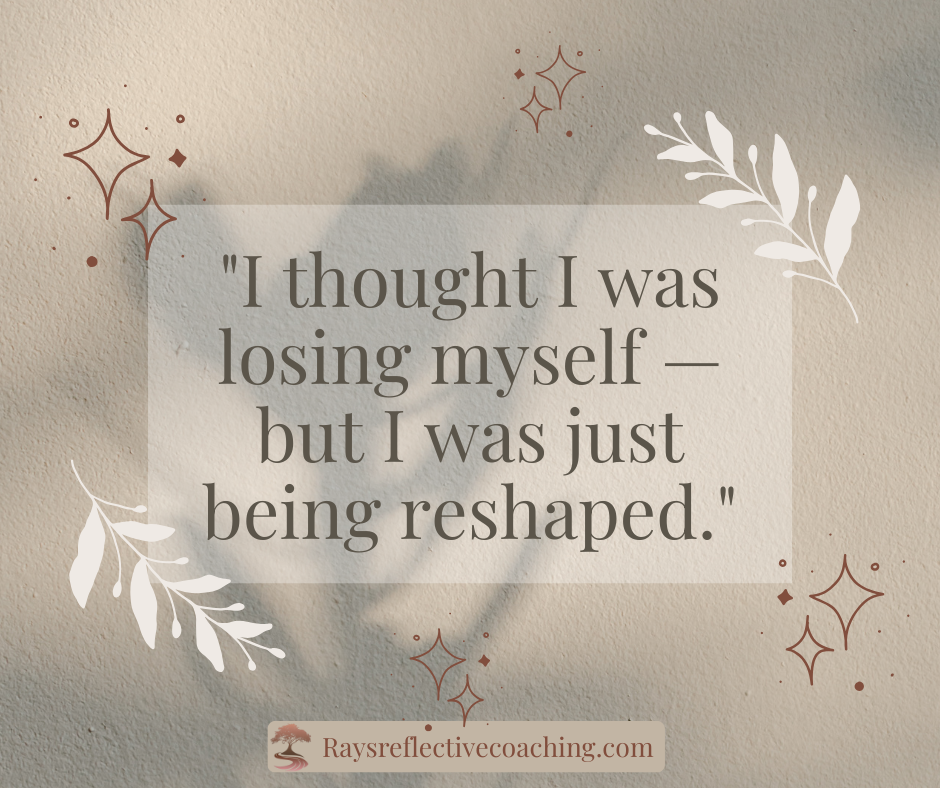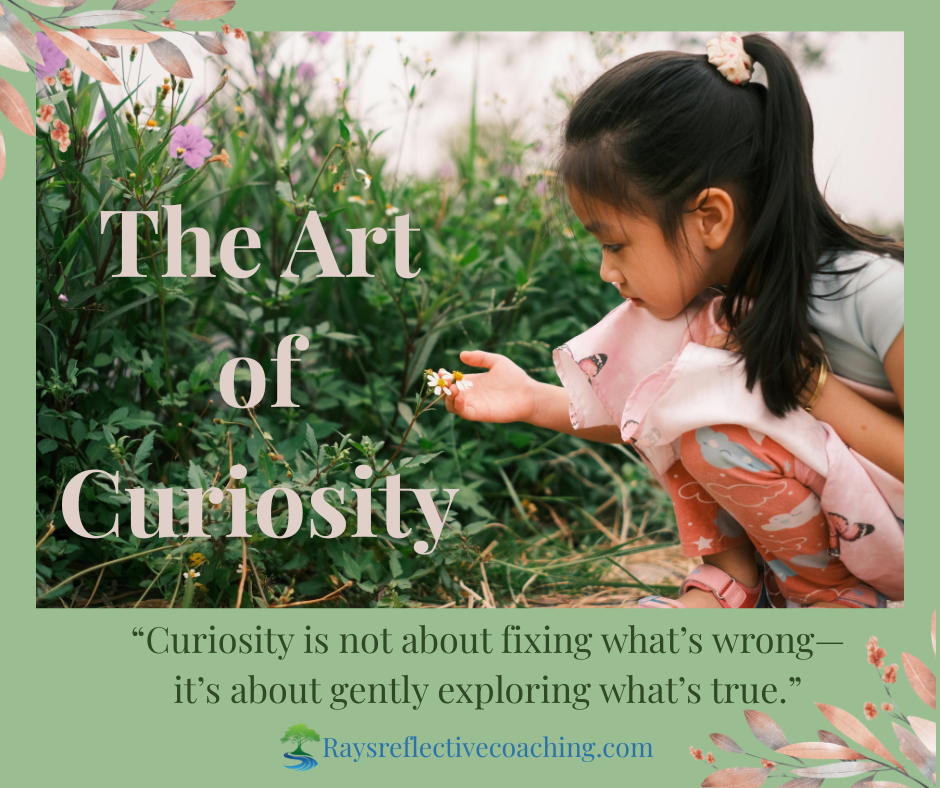
Navigating a Neurotypical World with Dyslexia and ADHD
For most of my life, I didn’t have the words to explain why I felt different.
Why my thoughts raced faster than I could speak them.
Why written words twisted themselves on the page.
Why I struggled to follow instructions.
I’ve since discovered those differences have names: Dyslexia and ADHD. And while having a label isn’t everything, it did give me a lens to understand myself, and the world I’m living in.
What Is Neurodiversity (and What Does It Mean to Be Neurotypical)?
Neurodiversity is the natural variation in how human brains think, feel, learn, and process the world. It includes ways of being like ADHD, dyslexia, autism, dyspraxia and more. It’s not about something being “wrong” – it’s about acknowledging that there are many ways a brain can work.
Neurotypical people tend to align with societal expectations around attention, behaviour, organisation, and communication – and often find school and work environments easier to navigate as a result.
Neither is better or worse. But many of our systems – from education to employment – are built with neurotypical expectations in mind. That’s where the friction begins.
Neurodiversity Isn’t New – The Environment Is
Neurodivergent people have always existed. Our brains are wired differently, but we’ve always been here, thinking creatively, sensing deeply, solving problems in non-linear ways. What’s changed is the environment.
We’ve moved from active, movement-based lives into highly structured systems – classrooms, office desks, admin-heavy routines – where success often depends on stillness, routine, and repetition.
If you don’t naturally function in those ways, you’re made to feel like you’re the problem.
What It’s Like to Mask Your Neurodivergence
For a long time, I learned to “mask.” I became an expert at blending in – pretending I was following, overcompensating with humour or helpfulness, re-reading messages three times before sending them, and still missing the typo.
There’s a quiet, exhausting grief that comes from constantly trying to be someone you’re not, just to feel like you belong.
Masking is exhausting. It often goes unnoticed but takes a huge mental toll.
Thriving with ADHD and Dyslexia Means Working with Your Brain
One of the most empowering shifts for me was realising that I don’t need to “fix” myself. I just need to understand myself – and build a life around the way my brain works.
I thrive in creative environments. I need movement, flexibility, spontaneity, and rest.
The more I honour that, the more grounded I feel.
It’s not about becoming more “normal” – it’s about becoming more you.
The Strengths of a Neurodivergent Brain
Neurodivergence isn’t just about challenges – it also comes with incredible gifts.
🌀 ADHD brings me creativity, energy, and intuition.
🌿 Dyslexia gives me big-picture thinking and emotional intelligence.
I’m still learning to unpick the shame and embrace the way my brain works – it’s very much a work in progress.
But coaching helped me begin that journey. It showed me I wasn’t broken. I just needed tools, compassion, and space.
That’s why I became a coach – to help others feel seen and supported.
What I Wish More People Knew About Neurodiversity
If you’re neurodivergent, you’re not “too much” or “not enough” – you’re just wired differently.
And different doesn’t mean broken.
If you’re neurotypical, get curious. Ask questions. Build bridges.
And if you’re still figuring it all out – you’re not alone.
Coaching for Neurodivergent Adults
At Rays Reflective Coaching, I hold space for your experience – whatever it looks like.
Whether you’re navigating burnout, purpose, identity, or simply trying to function in a system that wasn’t built for you, coaching can help you reconnect with your strengths and find a rhythm that works for you.
If you’re curious about working together, I offer a free chemistry call – no pressure, just a chat. Together, let’s see what your journey could look like.
🧠 No pressure. No fixing. Just exploration, with support, and honesty.
 Demos
Demos  Colors
Colors  Docs
Docs  Support
Support 


















